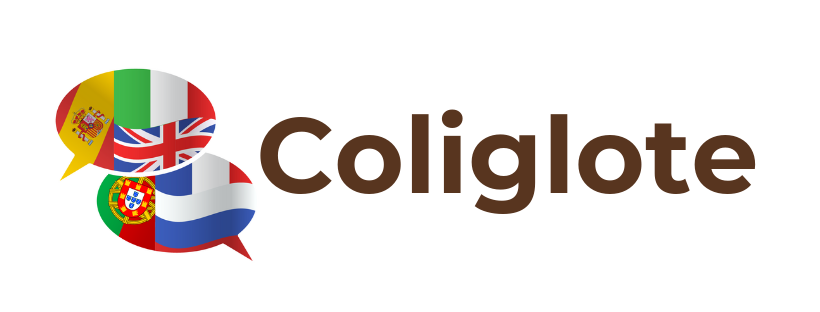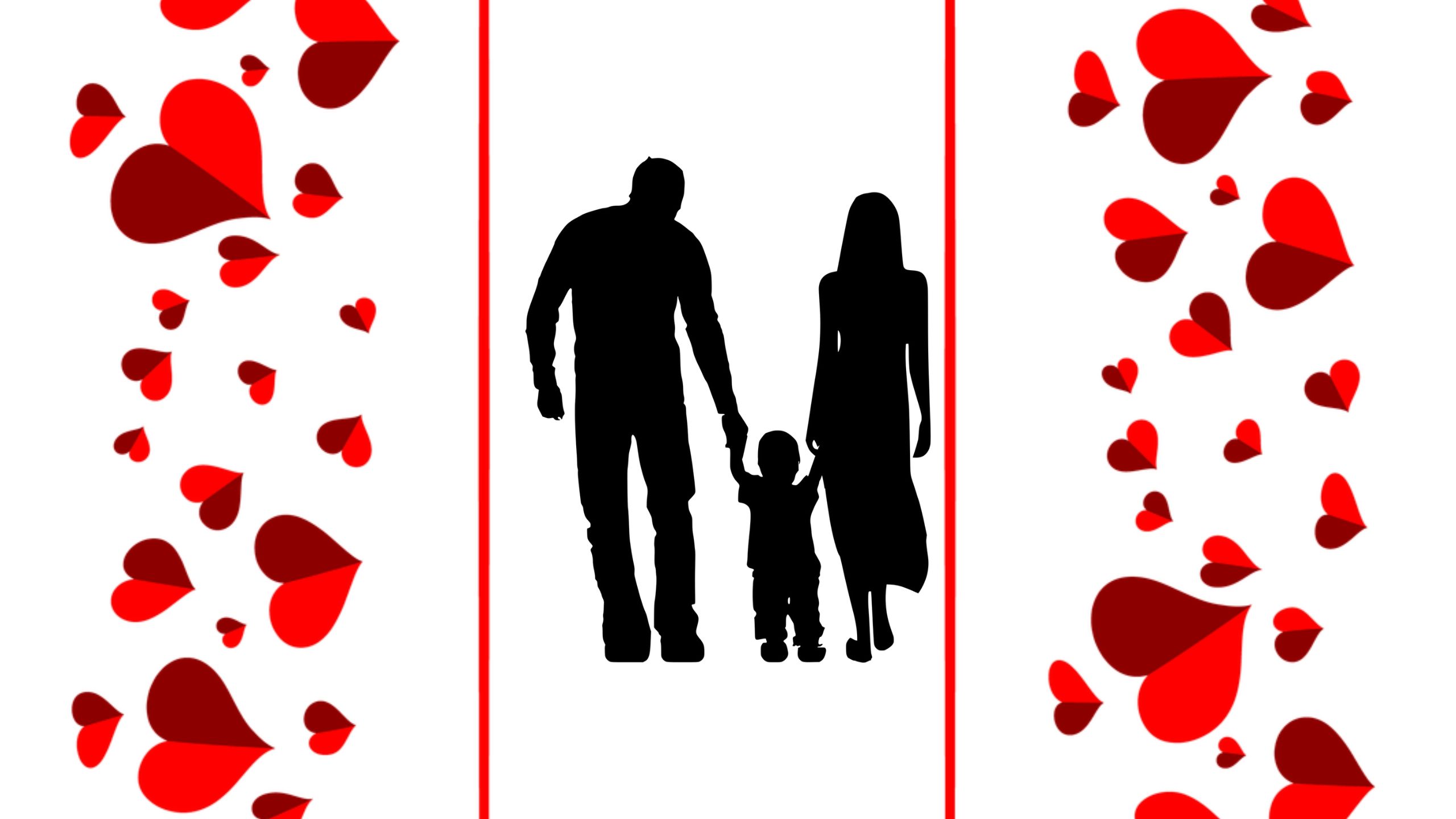About mixed couples, we should know two things: firstly that mixed couples have been the most studied from the language point of view and that they have taught us a lot about bilingualism. And secondly that it is a phenomenon that is increasingly common in France and throughout the world.
So we often think that being born of “mixed” parents automatically leads to bilingualism. It is generally thought that all it takes is for each parent to speak his or her language to the child: one person, one language. That’s true, but it’s also sometimes a little bit harder than that.

What you need to know is that the foreign parent is all alone, and the task of passing on his or her language, culture, history, … will fall to him or her, and that this task is in fact extremely difficult. In order to carry out this task he will need lots of help, support, assistance.
The most important issue is the question of the spouse’s attitude:
- Was the issue of the child’s language discussed by the spouses before the birth?
- Is the spouse supportive of this project?
- Is he willing to participate in this project?
- Is he even willing, if he doesn’t know it, to learn the language? This is the ideal situation, because obviously if you speak with your child in a language that your spouse does not understand, this will become an uncomfortable situation.
Apart from spousal support, you can also get some help:
- Associations, which are very important because they allow the child to talk with other children and adults other than his or her father or mother, in situations that are often pleasant, playful, games, laughter and the atmosphere is generally very friendly.
- Travel within the country, which is extremely important, if we can. And in this case, of course, what is absolutely essential is the role of the grandparents: that they can talk with the child is really very important.
Thanks to Christine Deprez, linguiste, professeur d’Université à Paris Descartes

